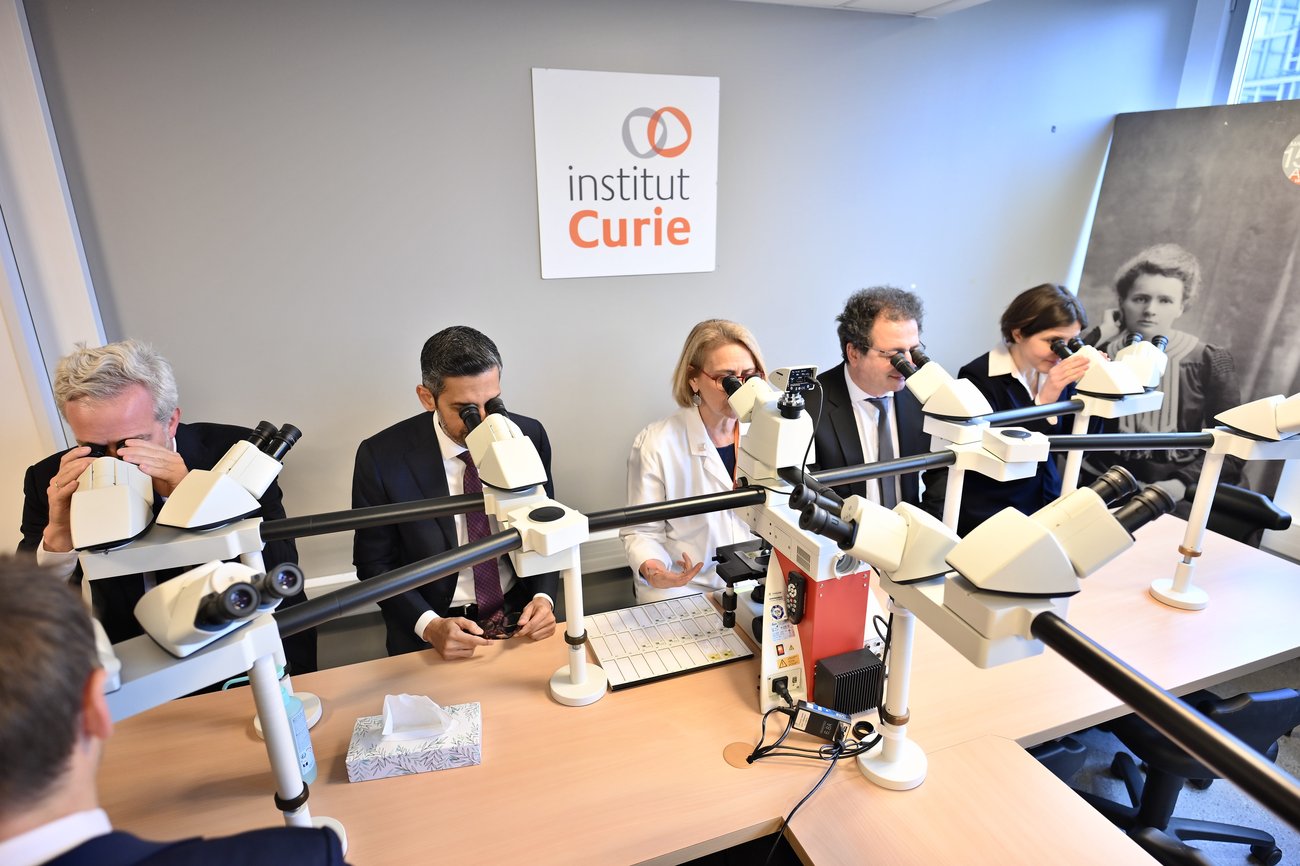We believe that technology has the potential to revolutionize healthcare and improve the lives of people around the world. To achieve this, today, we’re announcing a new partnership with the Institute of Women’s Cancers, founded by France’s world-renowned cancer research and treatment center Institut Curie; Université PSL (Paris Sciences & Lettres University), the leading research university in France; and Inserm, France’s National Institute of Health and Medical Research. This partnership will involve research into how AI tools can help address cancer more effectively, along with sharing scientific health information and supporting postdoctoral researchers with funding. Together, we’re embarking on a mission to transform the fight against cancer, particularly focusing on difficult-to-treat women’s cancers like triple-negative breast cancer.
Addressing the urgency of the challenge
Breast and gynecological cancers have a devastating impact on women around the world. Breast cancer diagnoses are prevalent, with almost 60,000 cases annually in France and more than 2 million women diagnosed globally in 2022, according to the most recent data available. And some gynecological cancers, like cervical cancer, are among the most common women’s cancers worldwide.
Understanding these complex diseases is crucial to reducing death rates.
That’s why we’re proud to support the new Institute of Women’s Cancers in its mission. By combining the expertise of Institut Curie, Université PSL and Inserm, the Institute is uniquely positioned to drive large-scale research to explore tumor origins, evolution over time, and specific characteristics of rarer and more complex cancers.
Applications of AI in cancer research
This new partnership combines Institut Curie’s world-class expertise in research and medicine with Google’s advanced AI capabilities: we’ll research how AI-based tools can predict cancer progression and relapse risk for each patient, with the goal of developing more precise treatments.
We’ll also explore the identification of new biomarkers that can predict which patients will benefit from specific therapies, especially where current treatments are not always effective.
Source Link





